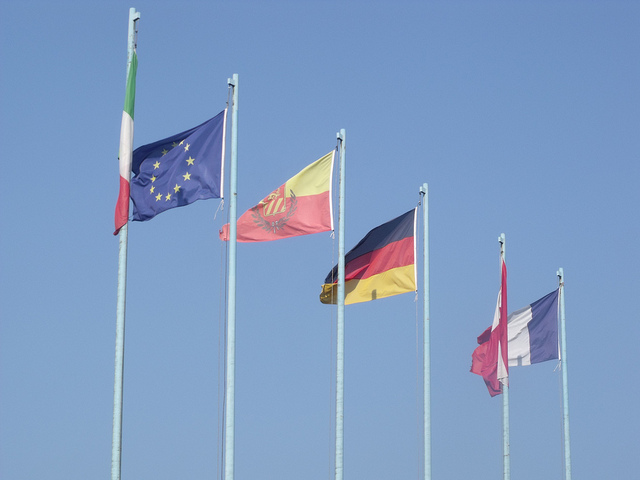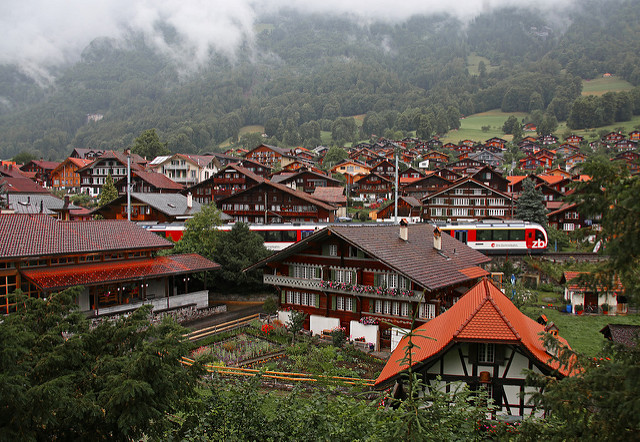In an unprecedented move, the European Union has taken steps to enforce pro-migrant sanctions against three member states – the Czech Republic, Hungary and Poland. According to a report published by the Centre for Research on Globalization, the three countries targeted have refused the demands of Brussels to accept Greek and Italian-based migrants.
Topical:
Europe Immigration News
Items tagged with "Europe Immigration News":
As nations across Europe, including the UK, clampdown on the number of non-EU workers entering their countries and Donald Trump in the US promises even tougher immigration controls, Switzerland has announced that it will issue an extra 1,000 work permits to immigrants from outside of the European Union. From 2017, the Swiss government will make 7,500 B and L permits available to non-EU workers.
A new online appointment system introduced by the Irish Naturalisation and Immigration Service had been pulled offline after experiencing high volume traffic levels. The new system, which went live on Thursday, 8 September, 2016, aims to end the long queues, which occur at the immigration registration office on Burgh Quay, Dublin. We understand that it is now operational.
According to a report published by the Irish Times, more than 100 foreign nationals queued outside the Irish Naturalisation and Immigration Service (Inis) in Dublin on Thursday, 11 August, hoping to secure an Irish work permit or study visa. The queue for the Inis office on Burgh Quay stretched around the block as people waited for doors to open at 8am.
The Irish government will plough €1.9 million into a new initiative aimed at attracting top tech talent to the country. The drive to employ foreign IT workers on Irish work permits comes as Ireland continues to see supply lag behind demand in the labour market.
The European Union (EU) unveiled proposals on Tuesday, 7 June to revive a work permit scheme, with a similar name to the US green card, in a bid to restrict what officials describe as 'irregular migration' across the EU's 28 member states, according to a report published by Reuters.
The Blue Card system, originally launched in 2012, was designed to attract skilled, high-paid workers in an attempt to replenish Europe's ageing labour force and so counteract the impact of the continent's low birth rate on the labour market.





